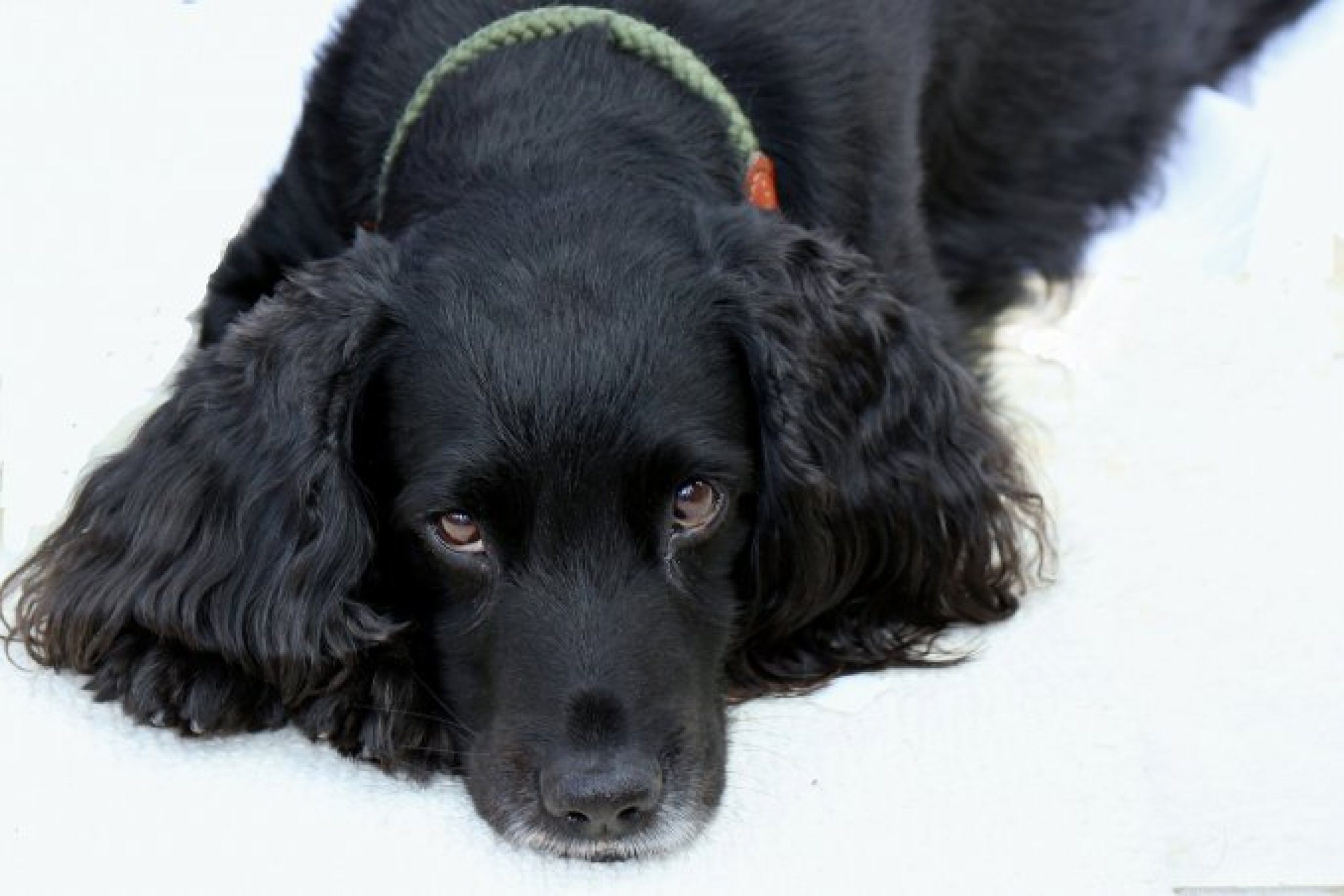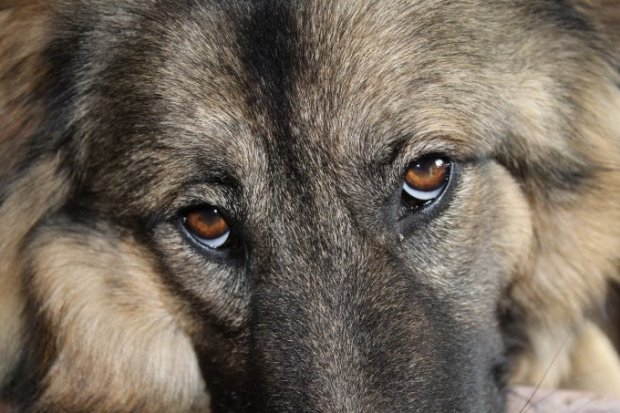HOW DO I HELP MY DOG WHEN HE GETS A STOMACH TWIST?

Friday, 26 April 2024

Gastric torsion and dilatation is especially true for large, even giant dogs. However, this is not the rule. Small dogs are also prone to this affliction. The causes can be really different. It is impossible to identify one particular cause. So it's worth acquiring knowledge on how to prevent any stomach ailments and what the first symptoms look like.
Stomach dilatation occurs when the stomach is excessively filled with food, water and gas. Very often it is the result of absorbing too much food at one time. It can also occur when the animal drinks too much water, especially a large amount of food. It may result from processes in the stomach, that is, for example, because of fermentation and the accumulation of a considerable amount of gas, or when the animal swallows too much air while eating. Gastric dilatation very quickly turns into gastric torsion. If the owner does not react quickly enough, then the dog may even die. Studies have shown that breeds with deep chests and older individuals have a higher possibility for gastric torsion. Therefore, it can be concluded that younger dogs and those with shallow chests are not as vulnerable.
Here are the symptoms of gastric torsion
Symptoms appear very quickly, and equally quickly progress, so you need to be extremely vigilant and watch the animal closely. The faster the owner reacts, the faster the animal will recover.
If the animal has developed gastric dilatation, then the doctor will give him medication intravenously. A probe will also be placed in the stomach to stop the shock. This probe will cause any contents in the form of food, gas, or fluids to be removed from the animal's stomach. In addition to these measures, your dog will also receive a number of antibiotics and pain medications.

In the case of gastric torsion, surgical intervention remains the only solution. It is important that it is carried out quickly. Tissues remaining in torsion become ischemic and necrosis occurs. Torsion contributes to the blockage of circulation on a much larger scale. The operation focuses on turning the stomach, cleaning it and removing dead tissue. The stomach is then sewn to the abdominal wall because after one twist, there is concern for another. There is also a risk of major heart disorders.
The first few days after surgery require care from the owner.
What should a dog not eat to prevent gastric torsion?
A dog that is greedy by nature may swallow large amounts of air along with its food. So it's worth considering what can be done to prevent your dog from eating so greedily. Very often big pieces of meat can help, but there is a fear that a dog will not bite them and will eat the whole big piece at once. It is therefore important to watch carefully how the dog eats.
Dry food can also be flooded with water before consumption, which will help to reduce the dog's thirst after the meal, and the volume in the stomach will not change as dramatically as if water was consumed after a dry meal in the form of food or other dog treats.